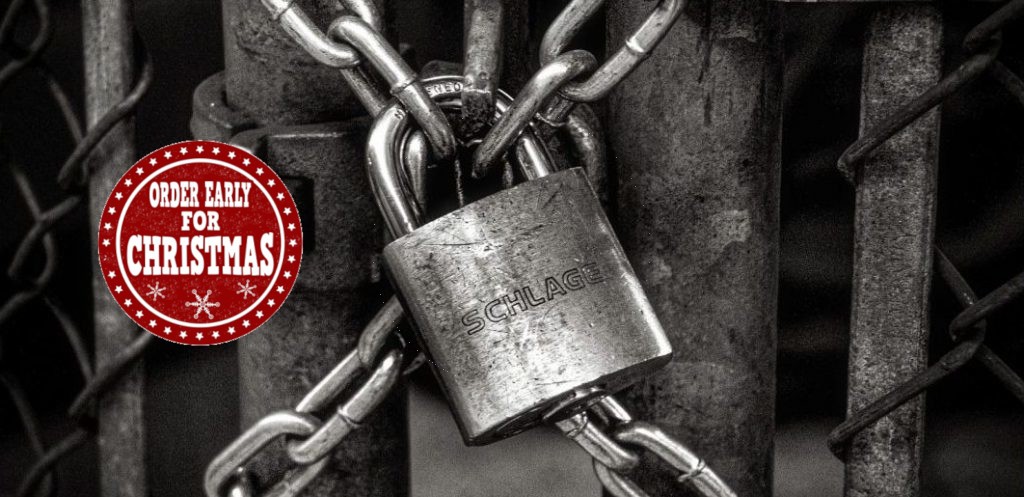23 Nov 10 e-Commerce Security Tips For Your Website
With a big chunk of the world’s population enjoying the perks of online shopping just before Christmas, the need for enhanced e-Commerce website security has never been more critical. So, if you’re one of those online business owners, here are ten useful tips to secure your site (and have a Safe Cyber Christmas)
1. Be aware of malware
Always invest in good malware scanning services that will detect and stop different types of malware from penetrating your system. These malicious activities can range from stealing data to infecting other computers.
2. Invest in a good platform
Even if it means paying more, you’ll never regret investing in a good e-Commerce platform that’s more secure than others and has all the plugins you need for extra efficiency. WordPress and Magento are two of the world’s most popular CMS platforms.

Website maintenance
- Regular WordPress updates
- Secure offsite backups
- Fast restore if required
- Security scans
- Brute force attack protection
- Comment spam filtering
3. Make your customers data secure
One of the reasons hackers love e-Commerce websites is the amount of customer data that they can steal and use for malicious activities. To make sure that none of this data gets stolen, collect only the information that you need and encrypt it with SSL certificates for extra security.
4. Get SSL certificates
SSL is a standard requirement for e-Commerce websites because most payment gateways won’t allow financial transactions without it. Getting an SSL certificate means that your customers can have peace of mind knowing that data being transferred from their browser to your server won’t be stolen.
5. Implement strict e-Commerce security rules
Aside from securing your website on all fronts, it’s also very important to train your employees about security. Make sure that they are aware of the different threats to your business and how to stop and prevent them.
6. Go for authentic e-Commerce themes and plugins
While it’s tempting to go for free or cheaper plugins and themes, it always pays to go for authentic options that you know are secure and created by reputable developers.
7. Tighten your authentication
You can never go wrong with using only strong passwords and two-step authentication. Although it may take good memory to memorise strong passwords, they can guarantee that extra level of protection for your business.
8. Update your software regularly
Maintenance is key to the efficiency and security of your e-Commerce site. Most hackers attack websites that are outdated, so make sure that your software is always up to date to avoid the possibility of attacks.
9. Make time for monitoring
Website monitoring is not only important to track the performance of your business, but it also helps you spot possible risks and attacks through unusual website activity.
10. Never forget about remote backups
At least 60% of businesses that fall prey to a cyber attack usually fail within just six months due to the time it takes to recover all the data in an e-Commerce site. This is why it’s very important to use remote backups at all times, so you have something to help you recover valuable information in case of a disaster. Security is definitely a worthwhile investment for your e-Commerce site. Follow these steps to secure your site and keep you from experiencing the devastating effects of a cyber attack.
Photo by John Salvino on Unsplash
More on WordPress Security


